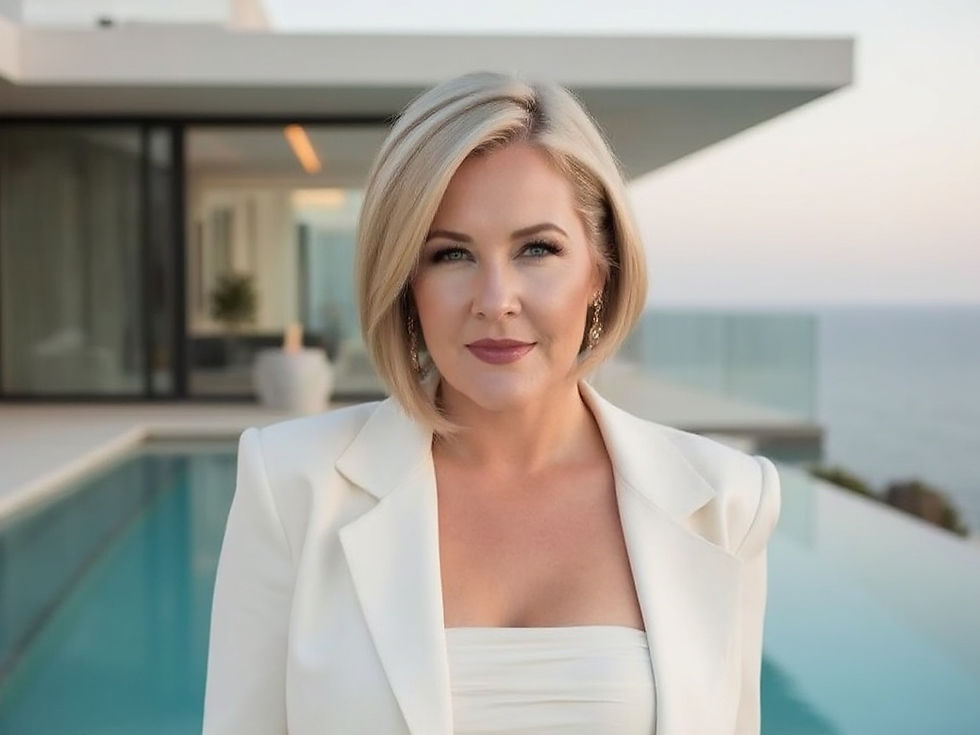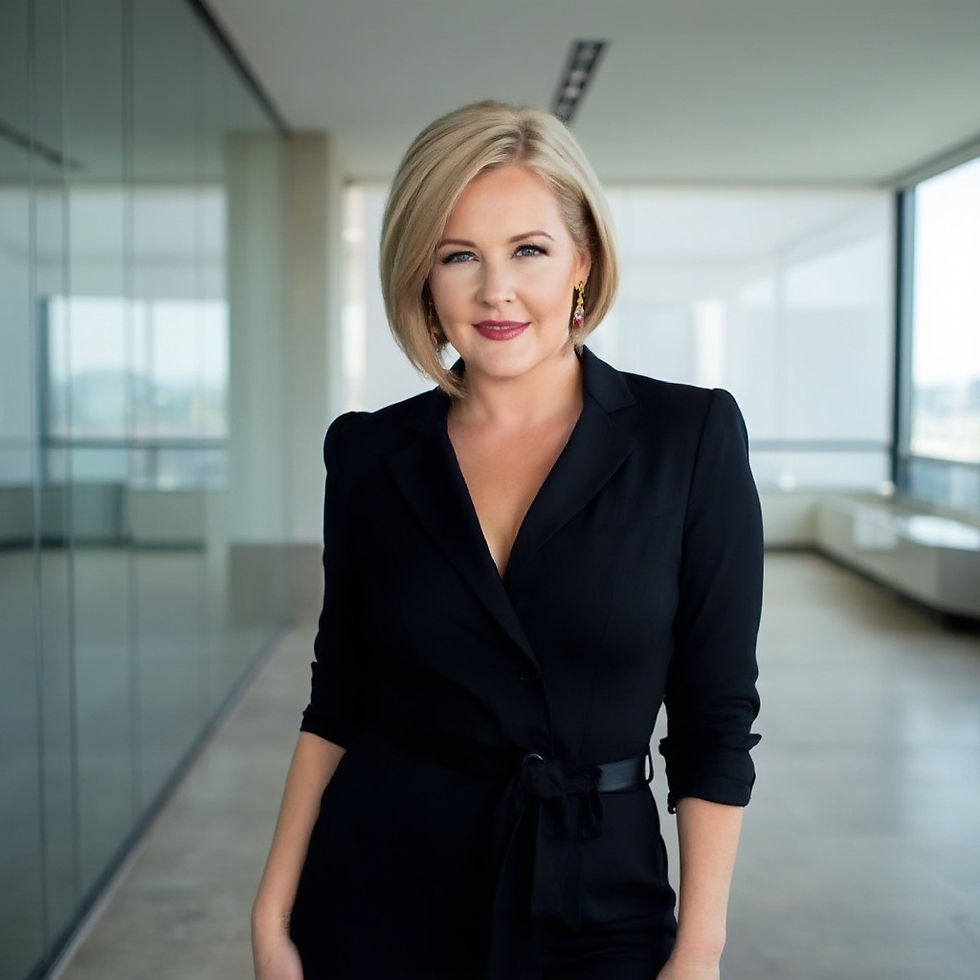OWNING YOUR PRICE
- Ali Craig

- Jan 5, 2023
- 4 min read
Love them or hate them, Apple is a brand that understands its audience on a neuro human branding® side. They understand biology, and they understand the psychology of their audience. All of Apple's products are designed with your biology in mind. They're designed for how it feels in the users’ hands. What are the sensations? Is it smooth? The corners are rounded because rounded corners mean that they can't “hurt” you- aka not triggering your primal brain. The box with its slow slide creates anticipation but then requires you to shake it just a little bit to get it to fully open up. Biologically inducing a deeper level of commitment from the user. But there's also a lot of psychology to these products because Apple understood something the marketplace was completely missing. This is where being the leader in your marketplace works to your advantage. They understood the lifestyle that their audience wanted. People thought before Apple came into the powerful Apple that we know today, computers were dorky. They were for nerds. They were pocket-protecting, eyeglass-wearing people that weren't cool. They weren't the person you wanted to be when you grew up. Yeah, they were smart, and yeah, they'd probably be very financially successful as an adult. But they weren't the fun, snowboarding, skiing, driving the cool car with the hot chick in their arms kind of person. Apple tapped into the rest of that. Apple tapped into the other side of life, which was the person who wanted to have a life. The person who wanted to be the cool kid, but in adulthood. The person who wanted to be smart and creative but be on the road. They wanted to have a platform that was for them. That was unique. That wasn't stiff and rigid. It didn't have to fit the corporate box. It wasn't a suit and tie. It was blue jeans and flip-flops. Apple created that. Apple found the story of the rebel, all the societal straight-laced stories around computers and business, and consciously went after the black sheep in this audience. Want to be the “Apple” of your industry? Go for the anti-story. Go for the people who see the social story that's being taught to them and don't want it. They don't want to participate. They don't want to follow the trends. They don't want to be only doing one business or only doing it this way. They want to do it their way. They want to be unique, and they want to be original and find out how you can make your product or service serve them. As much as we love to think our brand is revolutionary, the truth is that we tend to follow the leaders like everyone else. Humans naturally have a “sheep” mentality. Break your sheep mentality and start being a shepherd. Start looking for those people who have lost their way because they don't agree with the story and give them a new pasture to munch in - your brand. Give them a community that says, "We love your badass, crazy, out-of-the-box thinking self. We love that you don't want to be straight-laced. We love your unique perspective, and we celebrate it." Celebrate them and trust me, they'll celebrate you because for everybody who loves and believe in the social story, there is at least that same amount of people who don't love or believe in the social story that they're being told. Find the social story that most affects your industry and then do the opposite. There's an audience who's been wanting to be seen and heard right there, willing and able and waiting for you. Don’t you just love it when a potential client confesses their love for your work to you and then puts that big “BUT” into the conversation? “I love you and your work, BUT I just don’t feel like your price should be this much.” Or maybe you heard something like, “Wow, that’s a lot.” Or one of my favorites is “I love your work, but I have already invested in another program. Could we work together for free?” The answer is “no,” but how can you say that constructively? Depending upon the situation, I usually say or write something like this. “Hey, Sarah! Thanks for the love. Know that it goes both ways. I can appreciate budget concerns. So if that's where this pushback comes from, then let’s talk about it. I am happy to entertain a conversation about payment plans or scaling back our work to best suit your budget. Let me know when we can connect.” Now the other most likely pushback to your price is your expertise level. This potential client is “shopping around” and comparing Walmart and Neiman Marcus. In that situation, this is my go-to script. “Hey, Sarah! Thanks for the love. Know that it goes both ways. Yes, you are right I am not the low-price leader of my industry. Because just like we talked about, my price is all-inclusive. Besides my 25 years of knowledge in the industry, I have already factored in all those “unforeseen” upcharges everyone else tacks on to their bill later. So if you are looking for a low-price leader, I am not your girl. If you want to accelerate your brand’s growth, have completely inclusive pricing, and have a professional experience that you can relax into because you know I got your back- then I AM your girl. It is really up to you: do you want the struggle or the success?”



Comments